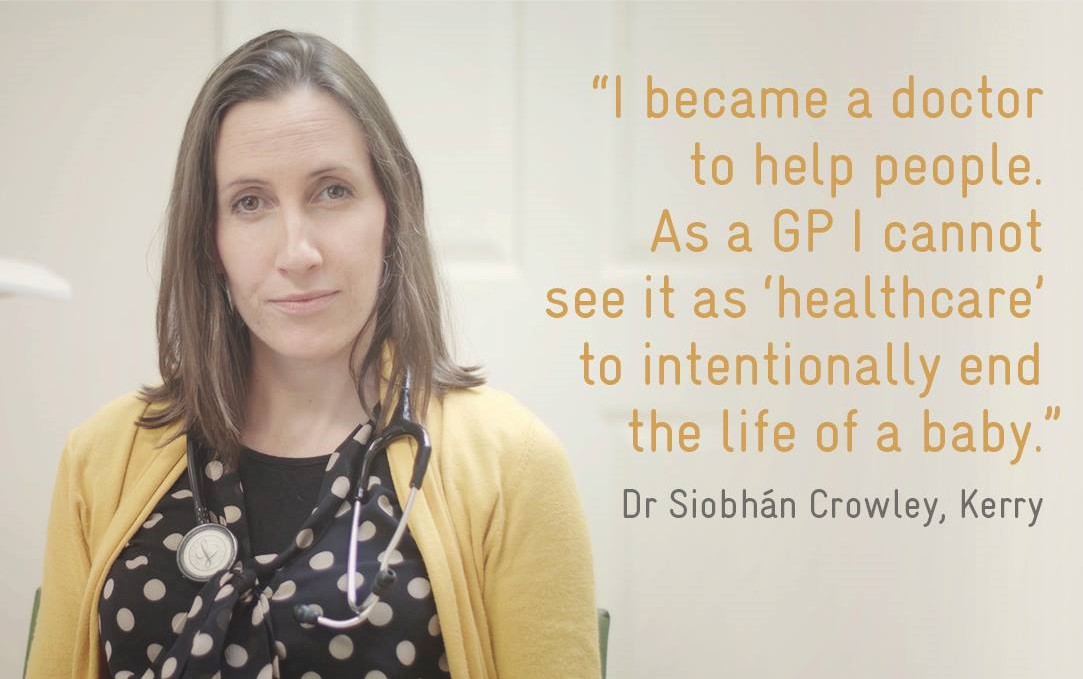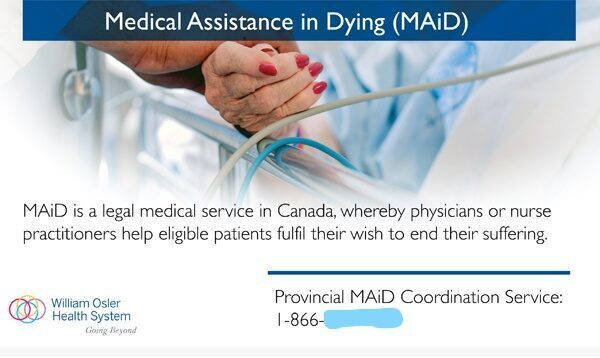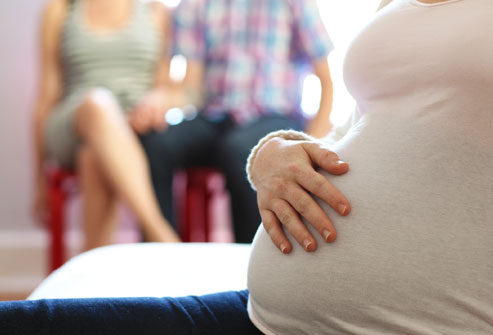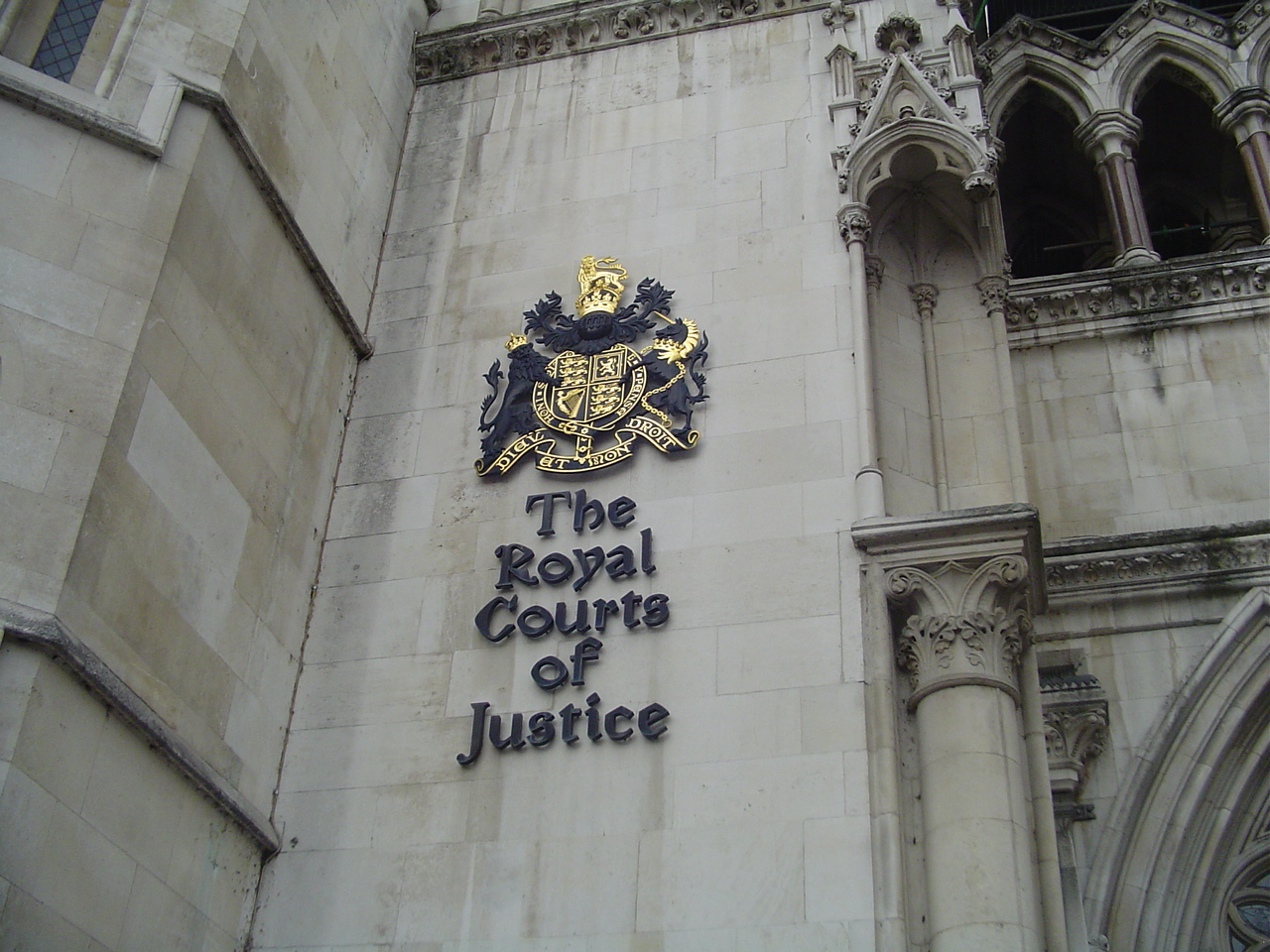
It is predicted that there will be 10,000 terminations in Ireland this year, according to a Rotunda Hospital board meeting document.
If it comes to pass it would more than double the previous estimated Irish abortion rate. The document states that the National Women and Infants Health Programme has estimated that 80% of terminations will be under 9 weeks and undertaken by GPs. Around 20% would be in the 9-12 week bracket and would require hospital services. It has not been reported how many abortions it predicts would take place after 12 weeks.
During the campaign to repeal the Eighth Amendment, pro-life spokespersons consistently maintained that introducing abortion in Ireland would result in a big increase in the number of Irish women getting abortions, a claim that was steadfastly denied by repeal campaigners.

Sri Lanka was hit by a wave of deadly bombings on Easter Sunday that targeted Christian churches and high-end hotels.
Officials say 290 people were killed and another 500 people were injured in the suicide attacks.
Most of the dead are Sri Lankan nationals, but about 35 people from other countries are believed to have been killed.
The first reports of explosions came at about 08:45 local time with six blasts reported within a small space of time. Three churches in Negombo, Batticaloa and Colombo’s Kochchikade district were targeted during Easter services. Blasts also rocked the Shangri-La, Kingsbury and Cinnamon Grand hotels in the country’s capital.
Police did not release a breakdown of how many people were killed and wounded at each location.
All the attacks were carried out by suicide bombers, officials said.
Police then carried out raids on two addresses and there were explosions at both. One was in Dehiwala, southern Colombo, and the other was near the Colombo district of Dematagoda in which three officers were killed.
An improvised explosive device – a 6ft-long [1.8m] plastic pipe packed with explosives – was also found and defused near the airport in Colombo.
Police also recovered 87 low-explosive detonators from the Bastian Mawatha private bus station in Pettah.
No-one has admitted carrying out the attacks, but the government has blamed a local jihadist group known as the National Thowheed Jamath who they think had help from an international network of Islamic militants.
There was another blast on Monday near a church in the capital, Colombo, as security forces tried to defuse explosives inside a vehicle that was used by the attackers.

The Taoiseach confirmed that the proposed new law on the issue of exclusion zones outside abortion facilities was running into legal difficulties regarding constitutional rights to ‘free speech’ and ‘peaceful protest.’
Responding to Sinn Féin TD Louise O’Reilly in the Dáil on Tuesday, Leo Varadkar said: “We are running into real difficulties around restricting peaceful protest and restricting free speech.”
The Taoiseach also conceded that in placing a ban on peaceful protest “we do enter a difficult space in a democracy when you decide that certain opinions can’t be held, certain types of protests can’t happen.”
The Taoiseach continued: “In a democracy, if you’re going to restrict free speech and if you’re going to restrict the right to protest, you need to be on very solid ground.”
Commenting on the Taoiseach’s remarks, Pro Life Campaign spokesperson, Maeve O’Hanlon said: “It is time for the Minister for Health and others to stop demonising the pro-life movement by misrepresenting the kind of protests that are taking place against abortion and instead face up to the reality that the right to peaceful and reasonable protest against the new law should not be criminalised.”

A group of over 50 family doctors have rejected as “very misleading” claims by the Irish College of General Practitioners that their opposition to a GP-led abortion service was an attempt to thwart the will of the people.
Writing in Tuesday’s Irish Times, the doctors who comprise those who voted for and against repeal of the Eighth amendment, said General Practice is not an appropriate setting in which to provide abortions. They cited a poll where 75 per cent of almost one thousand GP respondents said they were opposed to a GP-led abortion regime. The doctors added that almost every European country that provides abortion does so outside of General Practice.

In a telegram to the Archbishop of Paris on Tuesday, Pope Francis joined with the people of Paris and France in their “sorrow” over the fire that damaged the Cathedral of Notre Dame Monday night.
“In these Holy days, where we remember the Passion of Jesus, of his death and resurrection, I assure you of my spiritual closeness and prayers,” he added in a message to Archbishop Michel Aupetit of Paris dated April 16.
“This catastrophe gravely damaged a historical building,” Francis wrote. “May Notre Dame Cathedral once again become – thanks to reconstruction efforts and the mobilization of all – a sign of the faith of those who built it”.
The Bishops of France said Notre Dame’s influence “extends beyond the capital” and that it would remain “a major symbol of the Catholic faith”. They also invited Catholics around the world to “be living stones of the Church,” especially as the faithful journey through Holy Week and look to the hope of Christ’s Resurrection.
French President Emmanuel Macron vowed to rebuild the cathedral with a national and international fundraising campaign.

Cardinal Joseph W. Tobin of Newark, New Jersey, has called the US State’s new law allowing assisted suicide “morally unacceptable.”
“Every gift of human life is sacred, from conception to natural death, and the life and dignity of every person must be respected and protected at every stage and in every condition,” the cardinal said in a statement April 12, the day Democratic Gov. Phil Murphy signed the Medical Aid in Dying for the Terminally Ill Act, effective Aug. 1.
“Those whose lives are diminished or weakened deserve special respect. Sick or disabled persons should be helped to lead lives as normal as possible,” Tobin said.
Under the new law, adults who receive a terminal diagnosis would be allowed to obtain self-administered medication to end their lives.

Five years after one of the worst mass kidnappings in recent history, over one hundred Nigerian schoolgirls abducted by Islamic militants remain missing.
On April 14th, 2014, about 230 girls from Chibok Girls’ Secondary School in NE Nigeria were rounded up at night by men in army dress and driven off on trucks into the darkness. In the immediate aftermath, 47 of them escaped; some jumped off the trucks, others managed to get away within a few days.
Thirty months on, the Islamist terrorist group Boko Haram freed 21 of the Chibok girls (Oct 2016), then 82 more in May 2017. Half of them -112 – have yet to be freed, says the Chairman of the Chibok Parents’ Association. Meantime at least a dozen of the Chibok parents have died, either themselves killed by Boko Haram, or by stress-related illness.

European countries are not obliged to register a “commissioning mother” in a surrogacy arrangement as birth mother in their civil registry. That’s according to the Grand Chamber of the European Court of Human Rights when it delivered its first advisory opinion on surrogacy last week. The court however also advised that it is in the best interests of the child to establish some legal relationship between the child and the “commissioning mother”, though it would leave it up to states how best to recognize that legal relationship.
The case stemmed from a French couple who “commissioned” a child through surrogacy in the USA and then attempted to bring the child back to France and register it as their own. The child was genetically related to the man, but not to the woman.

One hundred children from the Republic of Ireland have been sent to England over the past three years to be assessed at a controversial clinic accused of fast-tracking gender changes. Five staff members, including consultant Psychotherapist Marcus Evans, one of the former governors of the Tavistock and Portman NHS Foundation Trust, resigned over concerns that the Tavistock youth gender clinic was too quick to give children and young people gender reassignment treatment.
The most recent figures released from the clinic in London show that 38 Irish children attended their service from June 2017 to June 2018, while 35 children were referred the previous year, and 27 the year before that.
Since 2010, 117 boys and girls from Ireland have been referred to the clinic; but there has been a sharp rise in referrals in the past three years.
The children, aged eight to 17, are initially psychologically assessed in the UK Clinic while treatment, which can involve puberty blockers in some cases, is now mainly carried out in the Our Lady’s Children’s Hospital in Dublin.
In a statement released over the weekend, the HSE said: “We now have a planned and funded commitment to have the services delivered by a full staff team based in Ireland and we are currently recruiting in that regard.” The statement added that Tavistock are supporting them to make the change.

A fledgling pro-life student society in the University of Aberdeen has taken a court case after having been denied official recognition by the University’s Student Union.
The Aberdeen Life Ethics Society (Ales) is claiming that a “no-platforming” policy, through which affiliation was denied, amounted to discrimination under the Equality Act and the Human Rights Act. Without affiliation, a society is not eligible for grants or allowed to use campus facilities or have a presence at freshers’ week.
The pro-life group argued that the union should represent “the interests and diverse beliefs of nearly 14,500 students [but instead] has adopted a policy which in essence has recast the students’ union as a pro-abortion campaigning organisation”. There was “an alarming trend of limiting freedom of expression on university campuses”, their lawyers added.
The University of Aberdeen is the latest of a series of universities where pro-life student groups have had to resort to legal action in order to gain university recognition.